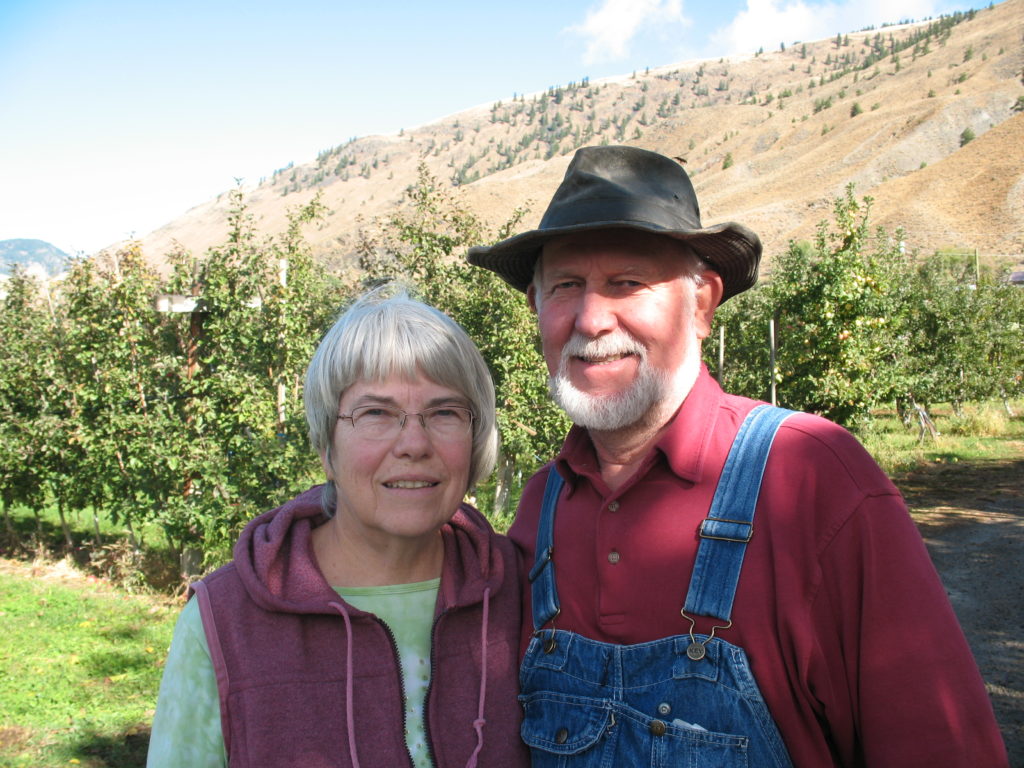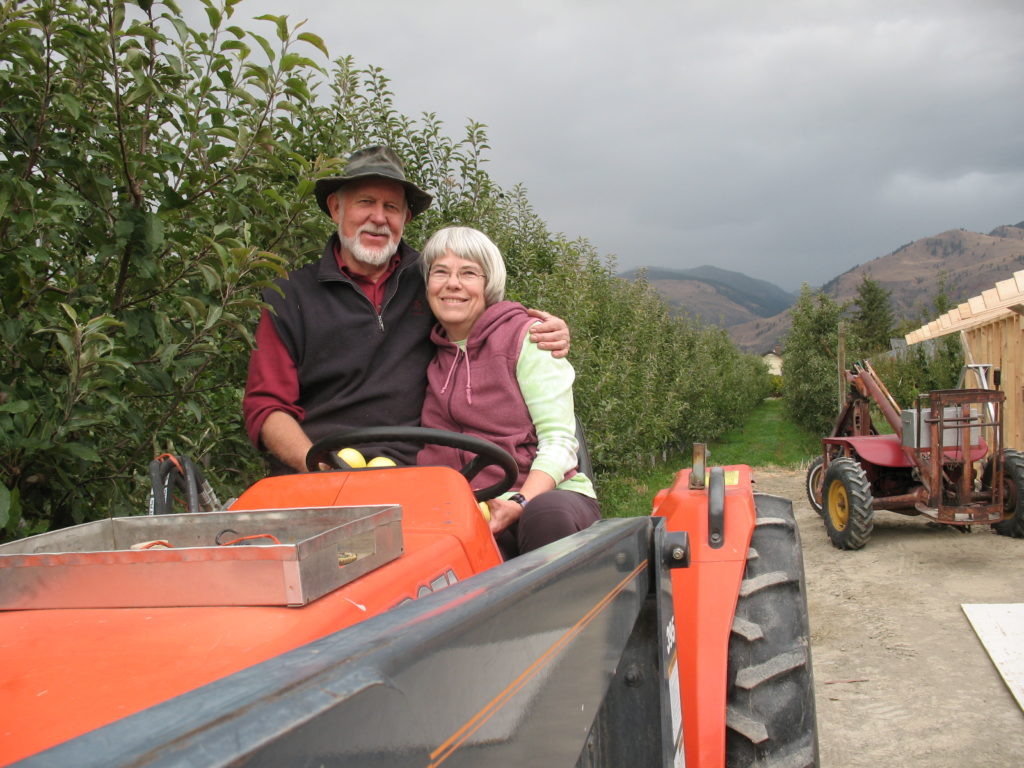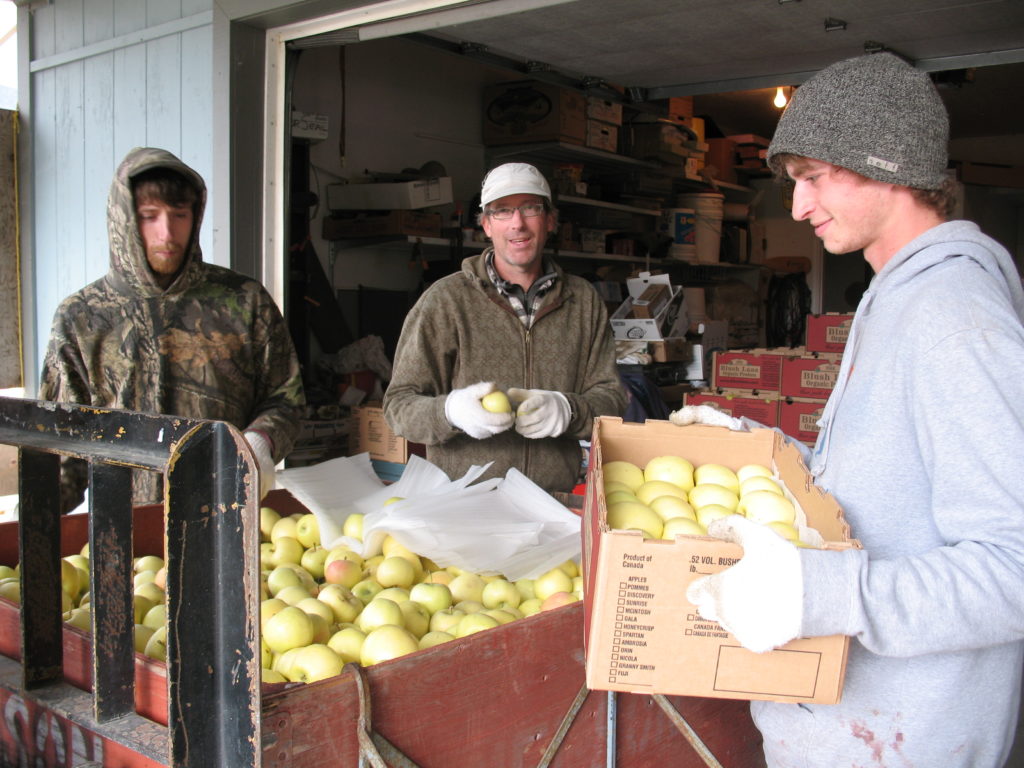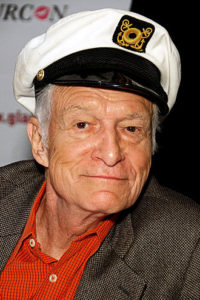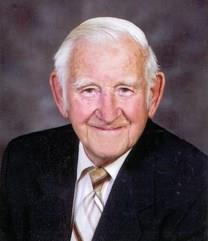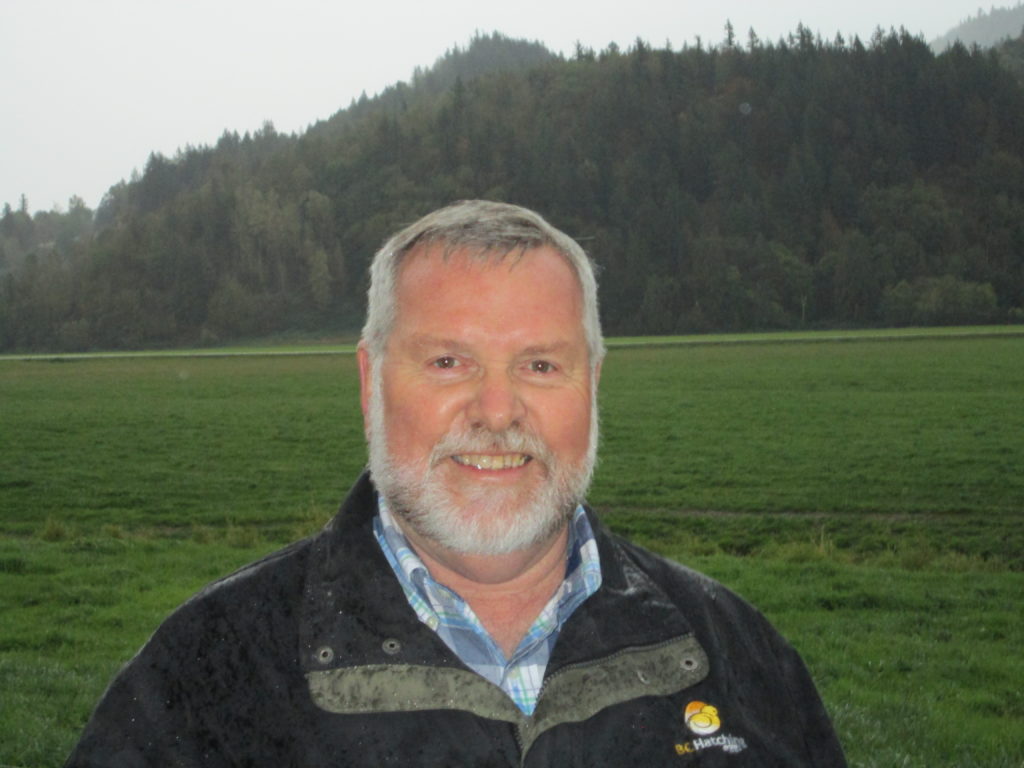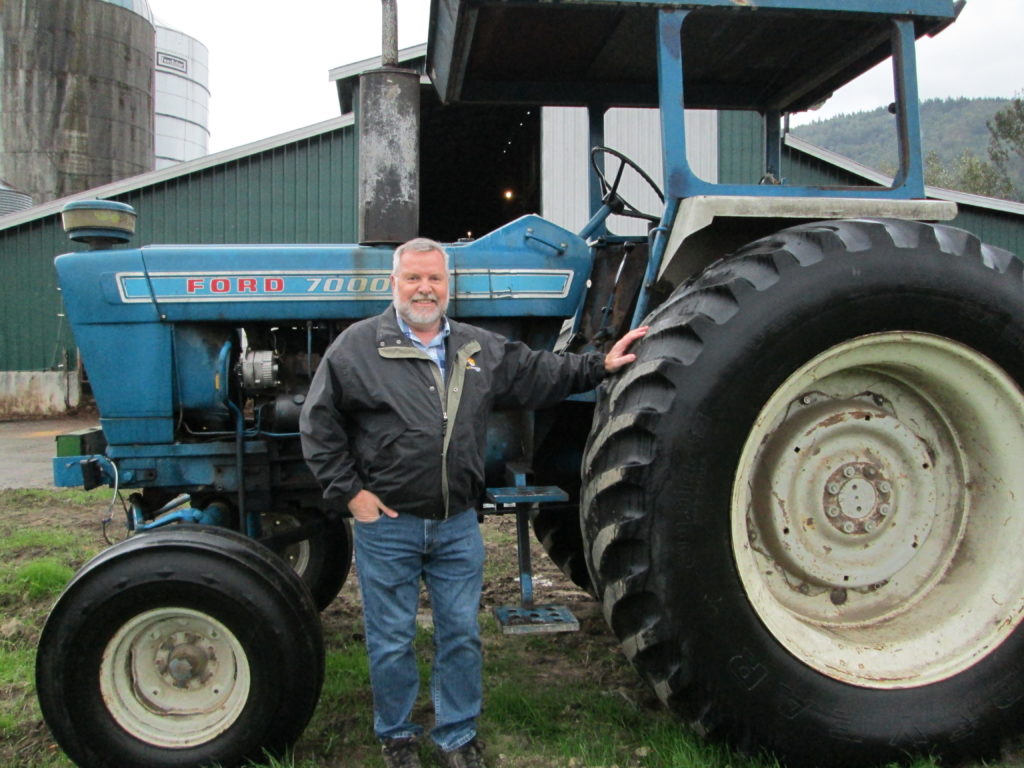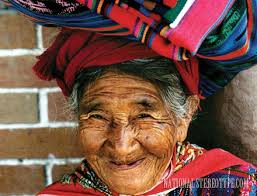
(photo from Mercer Orchards)
During the 6 years my Dad was in a longterm care facility, I observed that the dynamics here were similar to what I had seen in prisons. Some residents lost all hope and just sat inertly in their wheel chairs, unwilling to participate in group activities. A handful of undaunted residents demonstrated surprisingly purposeful responses to this final, difficult stage in life.
After Dad fell and broke his hip, he never walked again. The facility in which he was placed had about 200 residents, all in wheel chairs. The perimeter doors were securely locked and the long hallways were impersonal and uninspiring.
A lifelong fascination with music helped Dad become one of those who decided to employ the time profitably. He played the cello and on every visit I carried the instrument to the piano in the dining room and we made music. It was the beginning of a drama that pulled together some of those who refused to give up. Because I arrived on almost a daily basis, I had considerable opportunity to observe the interactions and in some cases to be drawn in.
I occasionally chatted with Edna, a petite, fragile appearing woman with long white hair. In her late seventies, her alert mind still craved stimulation. Wanting freedom, she had seven times cut the belt staff affixed around her to ensure she would not fall from her wheelchair.
One day during the music time she parked her chair immediately behind the piano bench on which I was sitting. When we finished playing, I stood up and turned toward her, quite unaware of her devious intent. Grasping my wrist firmly, she fixed her mischievous blue eyes on me and said, “kiss me.” Dumbfounded, my mind scrambled, searching for a way to extricate myself from this awkward situation. I said, “what did you say?” “Kiss me,” she repeated, but with greater urgency. I didn’t want to embarrass her with an outright refusal. Studying her face, which still retained vestiges of earlier beauty, an idea came. Leaning over, I pecked her lightly on the forehead. Apparently satisfied, she smiled impishly.
Elsie, an independent minded resident, had earned a reputation with staff as a troublesome agitator. Over the years MS had trapped her questioning spirit in a body that no longer responded to commands. She guided her electric wheelchair by manipulating a steering device with her chin. Each morning she adeptly maneuvered the chair into Dad’s room and said “good morning Jacob, how are you?” After a brief chat, she backed out and roamed the hallways and dining room, searching for issues to take up with staff. Sometimes she literally cornered me and talked about the latest injustice she had uncovered. The Head Nurse became wary and uneasy when she saw Elsie trundling down a corridor on a sleuthing expedition. She attempted to discourage Elsie’s ceaseless roaming, but Elsie could not be stopped. She saw and heard things the Head Nurse didn’t want exposed. Elsie was delighted at each opportunity to tell institutional secrets.
As a teen, Anna had fled with her parents from a Mennonite village in Russia to escape Stalin’s purges. Now 83, she had been confined to a wheelchair for several years after climbing a tree to pick cherries. When a branch broke, her aged body had not been able to withstand the hard landing.
Day after day she sat in her wheelchair in the dining room, observing, meditating, often smiling. A woman of deep faith in God, serene and wise. One day as I was about to leave after a brief visit, she placed her hand gently on mine. In her native Low German, she prayed a blessing on me. As I walked away, I wondered if Anna had a premonition that we would not speak again. Several days later she wasn’t in her usual place. I went to her room where she quietly lay, very near to drawing her final breath.
Now, some years later, I still think often of these stalwart individuals. They had been stripped of health, material possessions, the freedom to go where they pleased, in some cases even of family and friends. Still, though the flesh was weak, the spirit was willing, and they were undaunted in this last difficult chapter of their lives. To this time I continue to feel privileged to have been in their company and to have learned from them.

